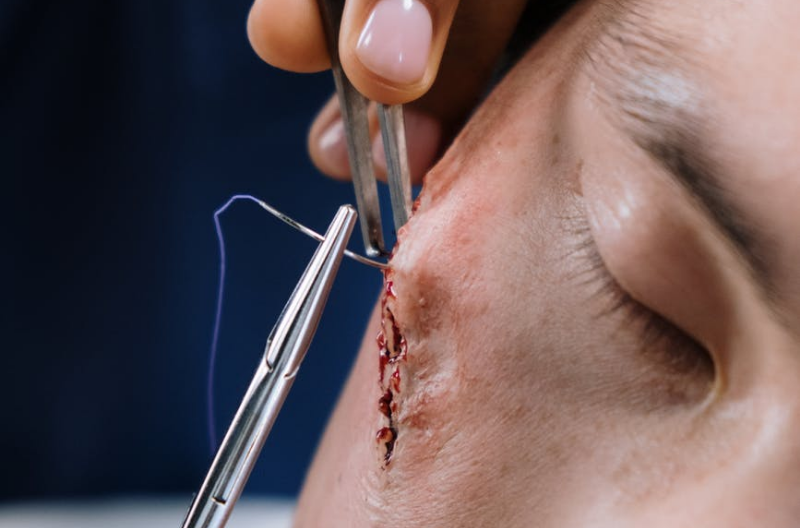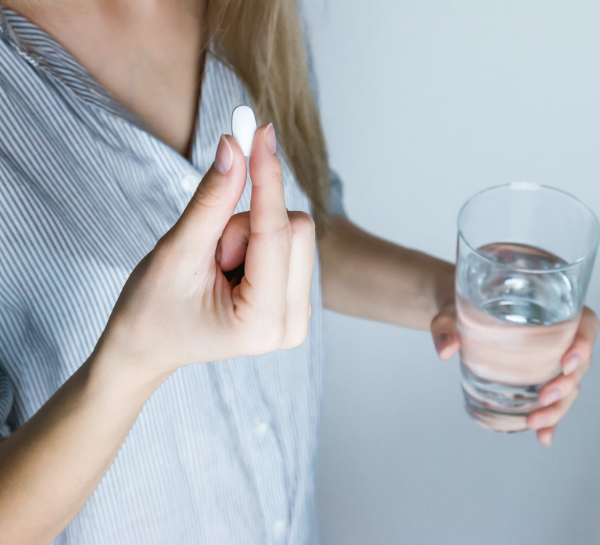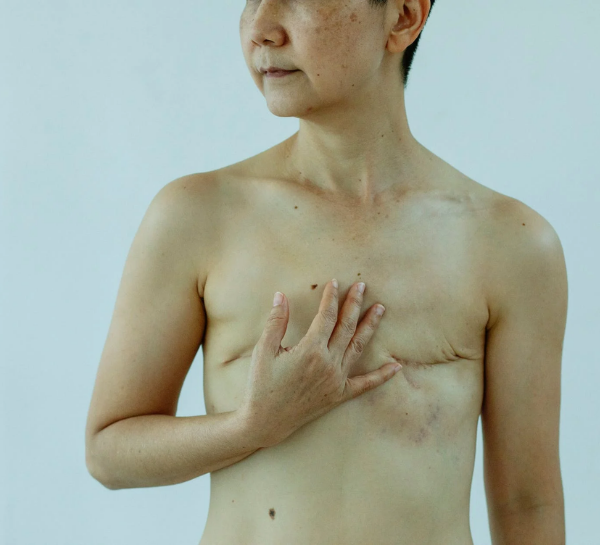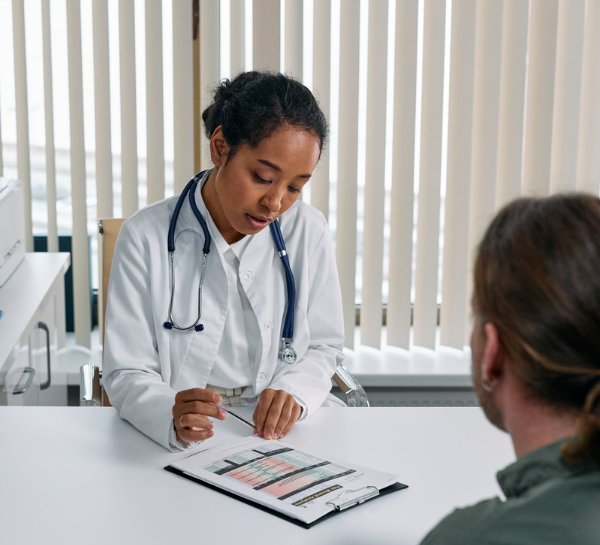
Everyone knows rubbing your wounds is a terrible idea, but what is generating the itching, and how can you stop itching after the surgery? The itching or tingly sensation that develops a broad wound area is one reaction of cosmetic surgery that several individuals must not anticipate after the procedure. Although it may be urging to massage or itch the incision area, patients mustn’t do so for a variety of reasons. For starters, it increases the danger of injury exposure and infections.
Furthermore, if the incisions area or underlying tissue is rubbed, the stitches may rip, or the recovering wounds may reopen. Infections, ripped stitches, and reopening of injuries are more likely to occur in noticeable scars following cosmetic surgery. Patients who want to lower the level of spots after cosmetic surgery must prevent any activities that will prolong the process of healing.
Is It Common To Have A Lot Of Itching Following Surgical Procedure?
Itching is among the most prevalent, though irritating, adverse effects of surgical procedures. Individuals often suffer a stinging or itchy sensation while the skin surrounding the wound recovers. That’s quite fine. Nonetheless, there are a few points to bear in mind to lessen discomfort after surgical procedures and comfort you through the process of healing.
Is Itching A Sign Of Recovery Or Infection?
Itching, or pruritis, is a standard component of the recovery process once you have a cut. Pruritis is a natural, if annoying, element of cell rebuilding whether you have a severe or medical wound healed with sutures, staples, or adhesives. Moreover, itching occurs due to mechanical and chemical interactions that take place when cells rebuild.
When Does Post-Operative Itching End?
Dermatitis after surgery is typically triggered by an allergy or anything that inflames your skin. It can involve interaction with non-hypoallergenic surgical tools or materials, like dressings, surgical adhesive, or cleaning treatments. Moreover, the form of rashes is often limited to one or two skin sites.
Typically, the itch will be gone in four weeks or less, but that’s dependent on many factors including the size and depth of the wound.
Why Do Scabs Itch?
Indications Of Wound Infections After Surgery
An SSI is caused by an infection that develops thirty days following surgery at the site of a surgical incision. Infection symptoms following surgery include:
- Redness and swelling at the location of the incision
- Yellow or cloudy discharge draining from the wound area
How To Stop Itching After Surgery?
If you’ve decided to have surgery, the symptom you probably didn’t anticipate experiencing throughout your recovery is an itching sensation around the wound area and dressings. Even though this sensation may arrive and then go, this might be a cause of discomfort in the moments after your operation.
In order to reduce itching, as well as the risk of infection, the following methods are suggested:
- Don’t Scratch.
This must be the most vital thing to remember, but it could also be the most annoying. Rubbing the damaged area increases your chances of infections, breaking stitches, and perhaps worsening scars while the wound recovers.
- Rule Out Infections Or Allergic Reactions.
Clean your hands properly to eliminate the potential of disease or adverse reactions. Take-off the wound covering carefully. One must not put any pressure on the wound area. Then, examine the scope for increased inflammation, swelling, or fluids leaking through stitches. Several people could also have an allergic reaction to the surgical tape or glue.
- Start Taking Antihistamine Orally.

The body makes many histamines throughout the recovery process. In so many situations, an over-the-counter antihistamine like Zyrtec and Benadryl, taken orally, may help reduce itching by lowering the action of histamines.
- Cool It.
A cold cloth may also help relieve the itching feeling. Apply an ice massage to the wound site directly above the bandages.
- Refrain From Drinking.
Because liquor is an irritant, it may increase puffiness and irritation. The best chance is to abstain from any alcohol during the first several weeks after surgery until the majority of the post-operative inflammation has gone.
As your wound heals, it’s going to itch. Don’t scratch it! There are a few steps you can take to reduce the itch, but patience is what you really need.
Why Do Scabs Itch?
How Do You Take Care Of Your Post-Surgery Stitches?

In order to reduce itching and prevent infections, your healthcare professional will provide you certain instructions you’ll need to do in order to take care of your stitches. They will also teach you when and how your stitches will be removed. Some of these instructions include:
- Avoid rubbing your incision. Instead, dab it dry.
- Make sure that your stitches remain dry during the first 24-48 hours after surgery.
- Refrain from doing any strenuous activity that may result to your stitches tearing.
- Refrain from applying any ointments or creams, especially without a go signal from your doctor.
- Clean and change your dressing with clean hands.
When Should You See A Doctor?
While itching is often natural after surgery, there are also times when excessive itching is actually an indication of a complication within your wound. Certain issues, such as infection and excessive fluid buildup, may hinder your wound’s healing process and induce increased itching. For such cases, in order to determine whether you should see your doctor or not, look out for the following symptoms:
- Temperature or fever of 38 degrees Celsius or above
- Too much bleeding
- Opening of the incision
- A thick, yellow, foul-smelling discharge from the incision site
- Numbness or tingling in the affected site
- Pain or redness

After about a month, if your wound has not healed property or the itching persists, have your doctor inspect the wounded area to make sure you don’t have an infection or other serious health condition. Contact your doctor sooner if you suspect the wound is infected.
Why Do Scabs Itch?
Comment below to share your thoughts and don’t miss our blog on exercises you can do after knee surgery.
